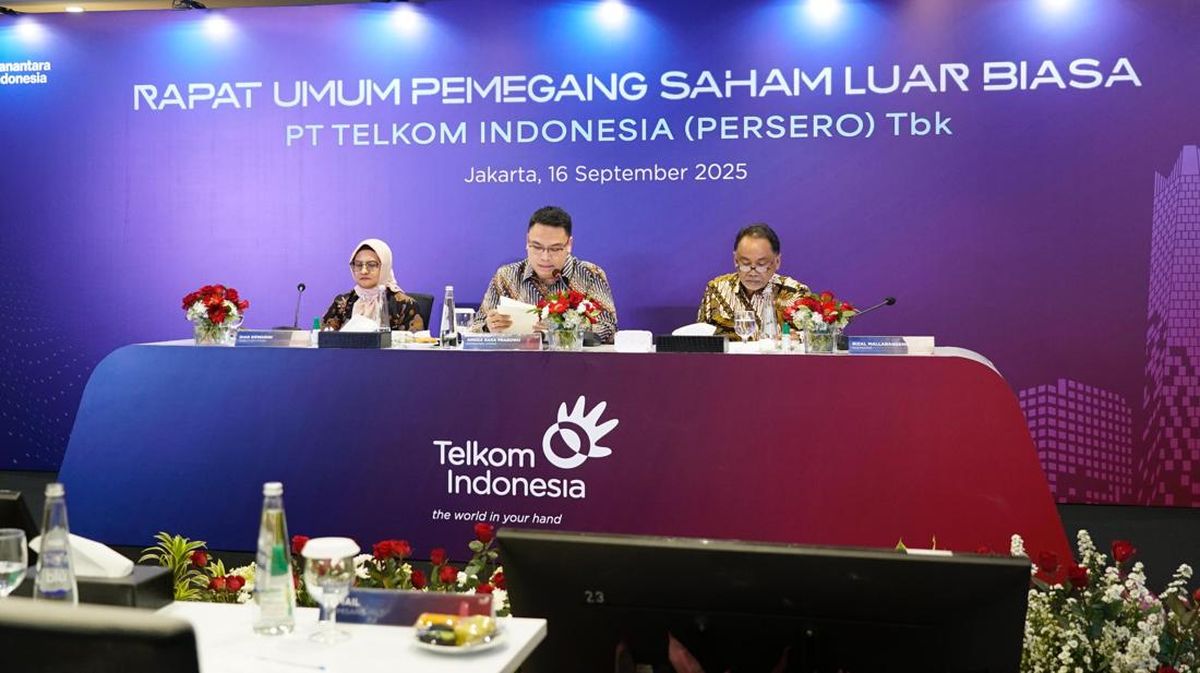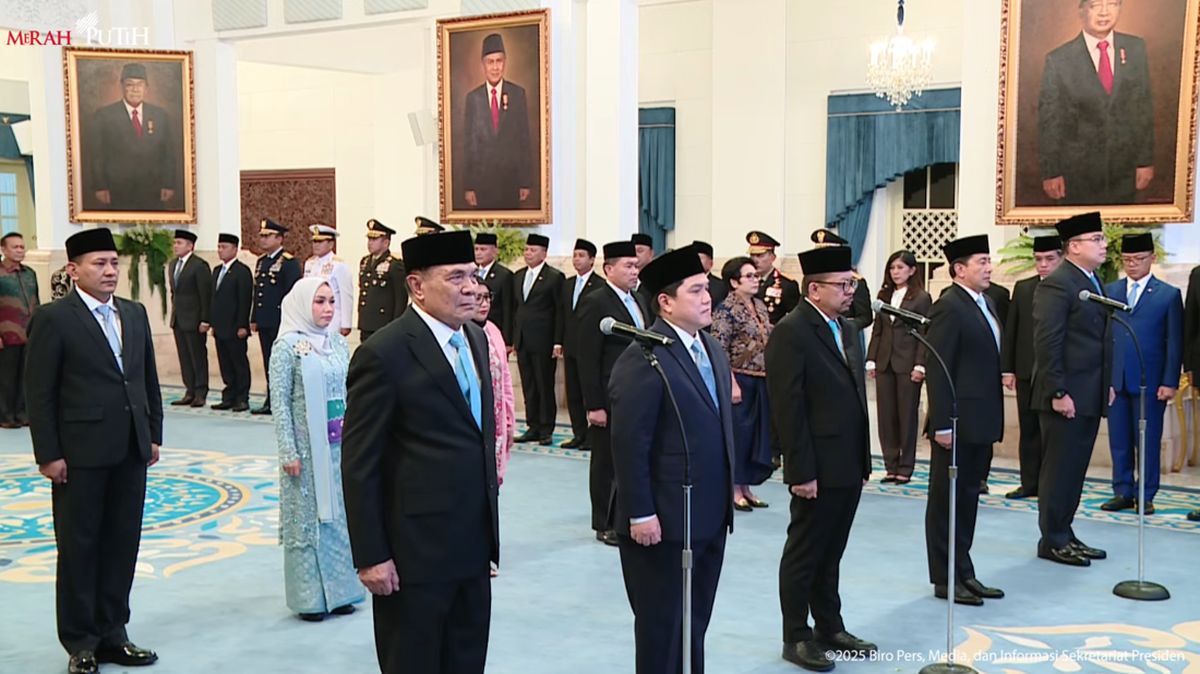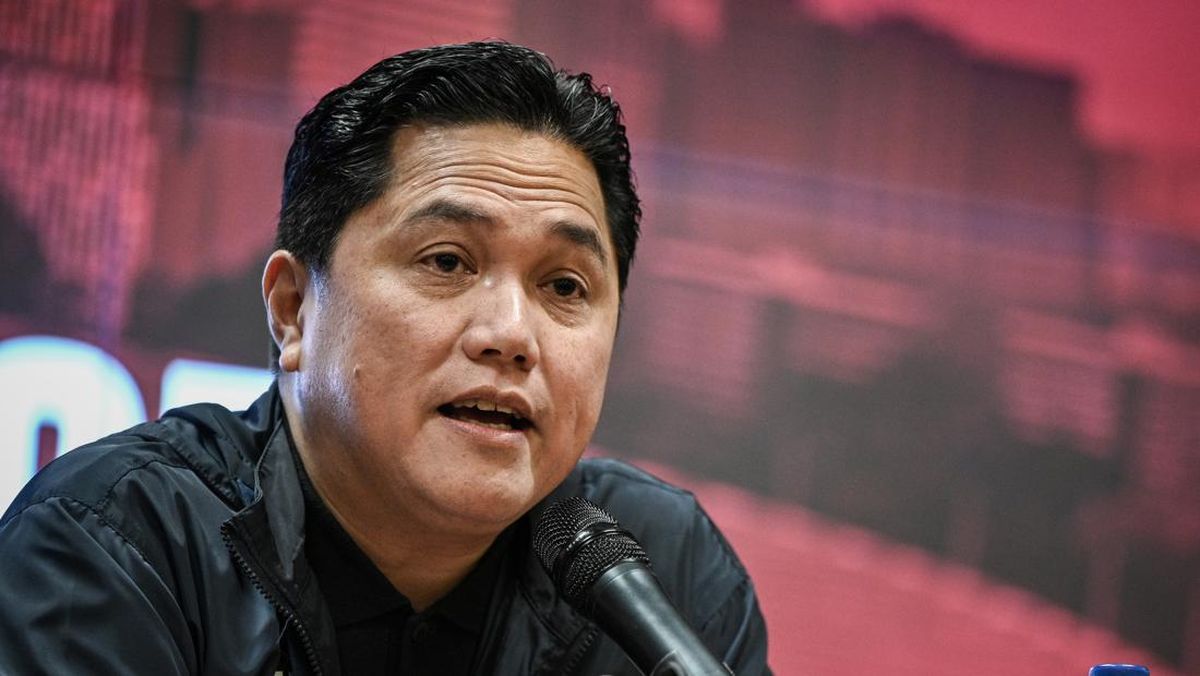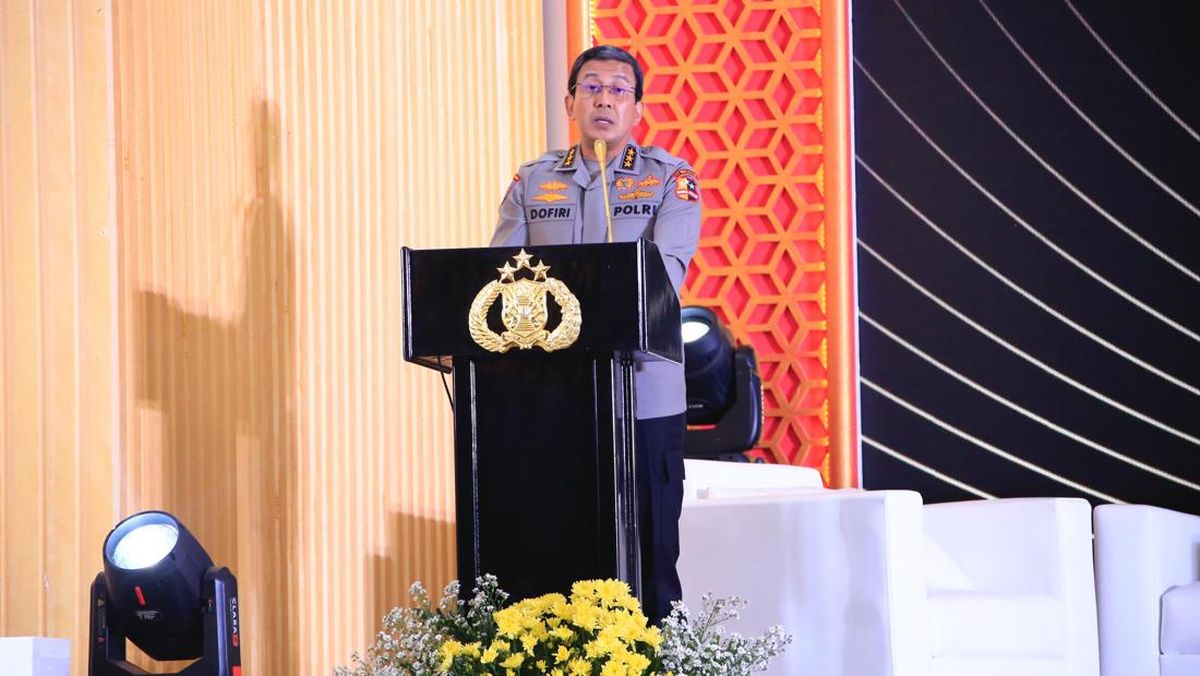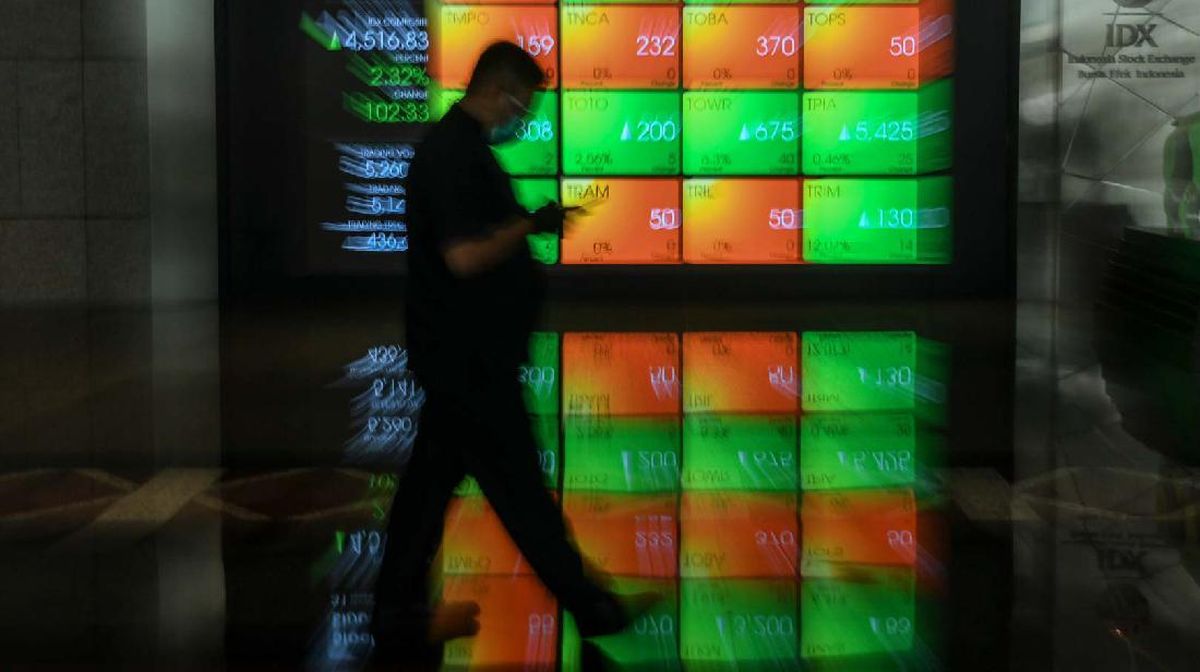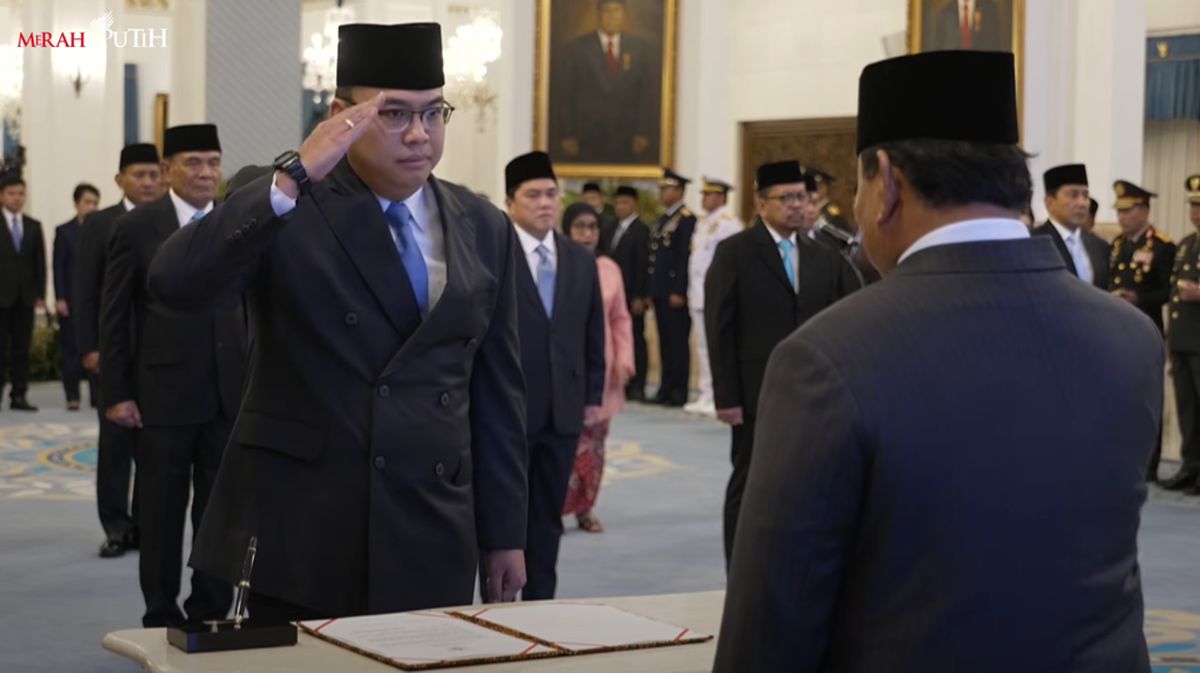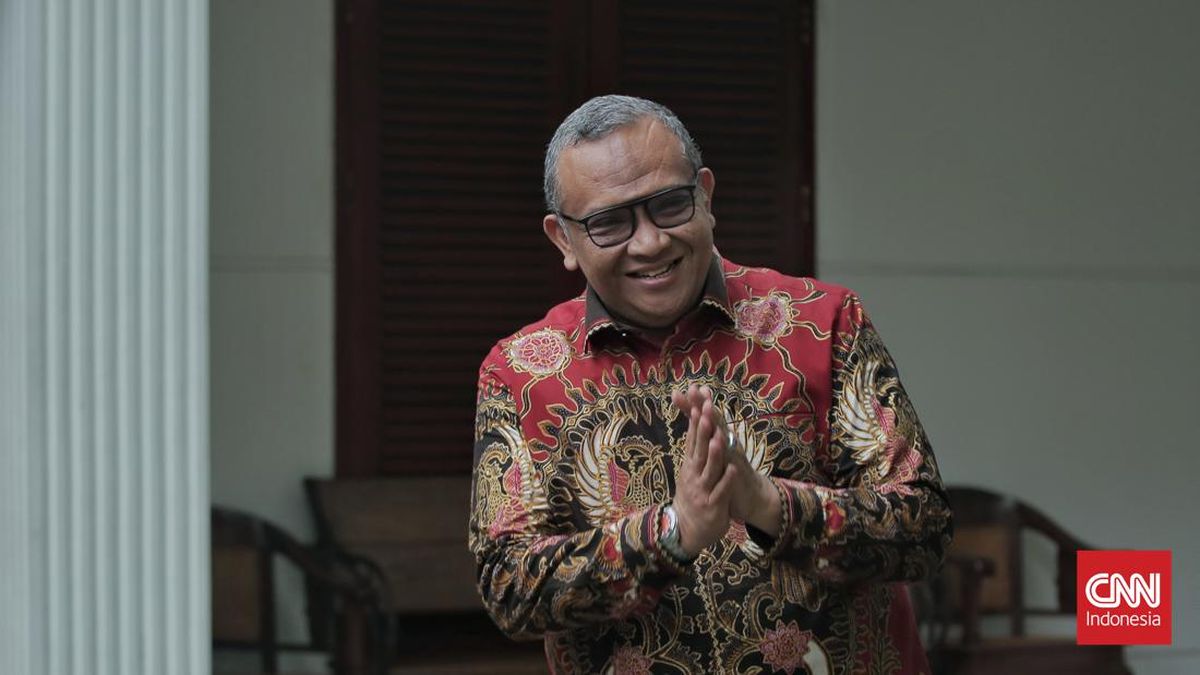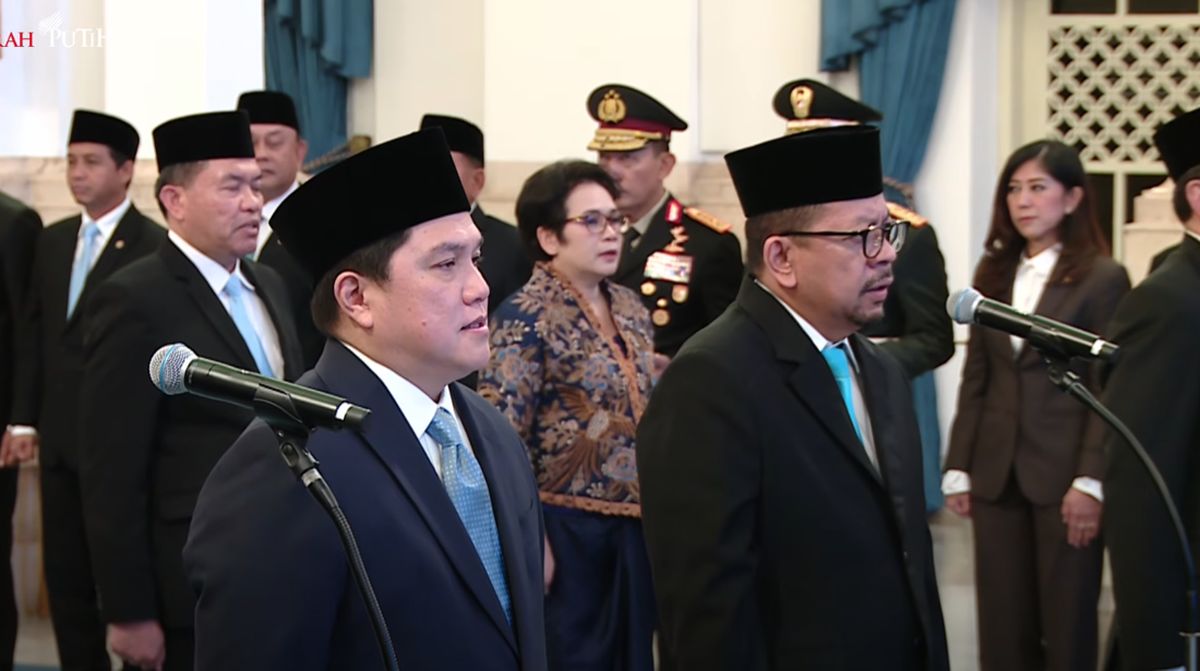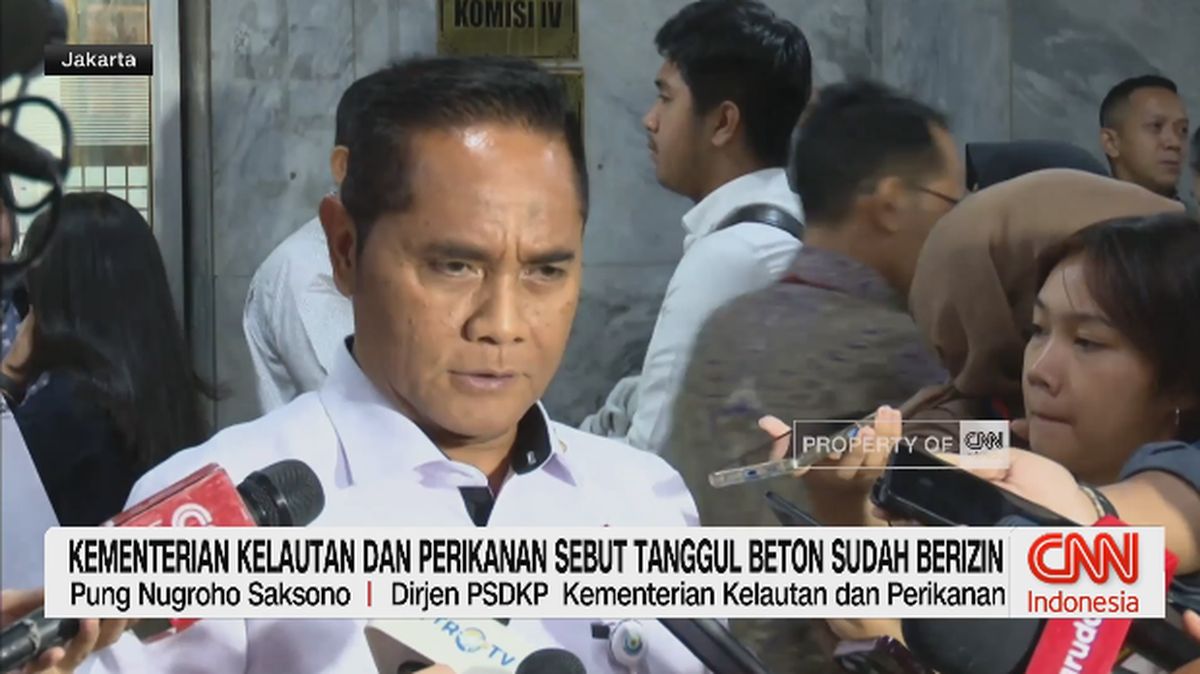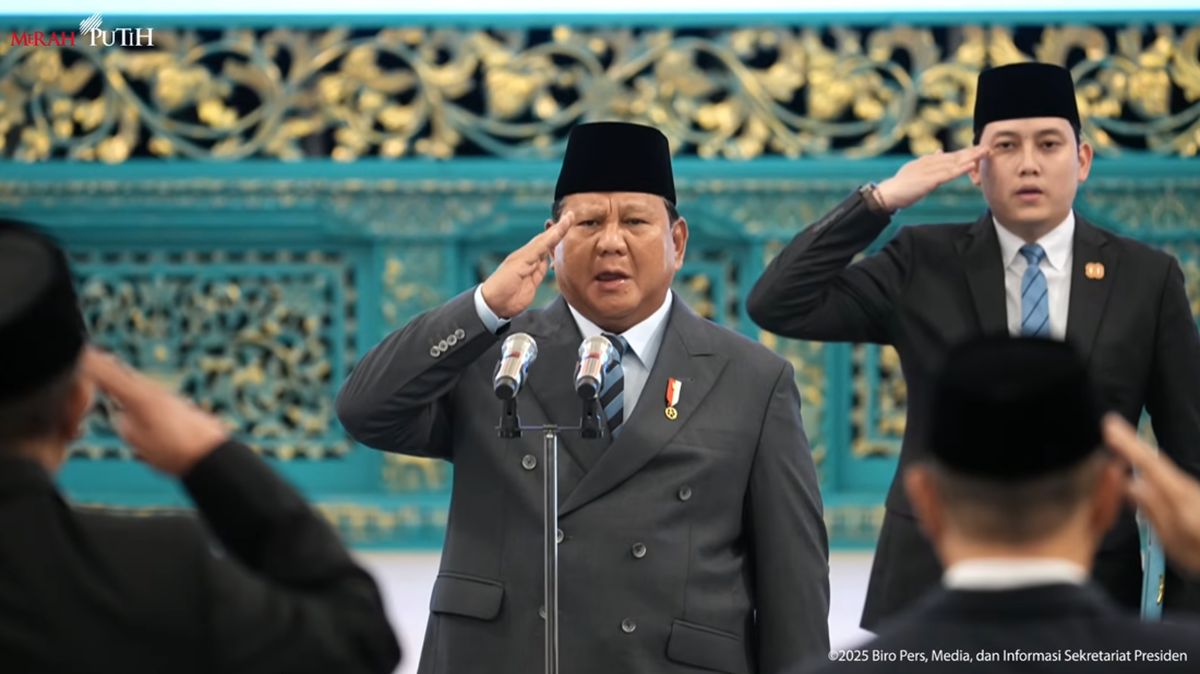Chalmers rules out using PBS as bargaining chip in face of Trump’s pharma tariffs
Australian officials are rushing to learn the details of Donald Trump’s threatened 200 per cent tariff on pharmaceutical imports, which could hit more than $2 billion of Australian goods each year in a major escalation of the president’s global trade war.
But Treasurer Jim Chalmers ruled out changes to Australia’s prized Pharmaceutical Benefits Scheme, which subsidises medicines and secures discounts through bulk buying from manufacturers, infuriating the American industry that views it as anti-competitive.

US President Donald Trump during a cabinet meeting at the White House.Credit: Bloomberg
Trump said he plans to implement a 50 per cent duty on US copper imports, while also indicating he could offer pharmaceutical manufacturers at least a year before applying a crippling 200 per cent tariff on their foreign-made products.
“They’re going to be tariffed at a very, very high rate, like 200 per cent,” Trump told reporters at a cabinet meeting on Tuesday. “We’ll give them a certain period of time to get their act together.”
Pharmaceutical products are the third-biggest category in Australia’s exports to the US, after beef and gold. The category is worth about $US1.3 billion a year and includes plasma exports from biotech giant CSL, a company that also has large US operations.
Loading
Chalmers said on Wednesday that Australian copper exports to the US were less than 1 per cent of total trade, but pharmaceuticals were worth much more.
“Our pharmaceuticals industry is much more exposed to the US market, and that’s why we’re seeking, urgently seeking, some more detail on what’s been announced,” he told ABC Radio National Breakfast.
“I want to make it really clear once again, as we have on a number of occasions before, our pharmaceutical benefit scheme is not something that willing to we’re willing to trade away or do deals on.”
Trump said the tariff on copper, which Australian companies BHP and Rio Tinto produce in several countries, could be 50 per cent.
“I believe the tariff on copper we’re going to make it 50 per cent,” Trump said when asked by a reporter what the rate on those products would be.
Commerce Secretary Howard Lutnick, speaking to CNBC shortly after the cabinet meeting, said his department’s investigation into copper had concluded and that he expected the levy “likely to be put in place end of July – maybe August 1.”
Rio has a copper mine in the United States and it is pursuing a joint venture with BHP to open another in Arizona.
In March, the PBS was in the firing line after American medical giants such as Pfizer slammed the scheme in a plea to Trump to impose punitive tariffs on Australia because it subsidises medicines for millions of patients.
The PBS cost Australian taxpayers $17.7 billion last financial year and helped reduce the cost of 930 different medicines. It means Australians can buy life-saving drugs worth thousands of dollars for as little as $31.60 per script, often after the government has negotiated with the drug company to secure the best deal for taxpayers.
The Pharmaceutical Research and Manufacturers of America, which is the industry’s lobby group, companies described the PBS as “egregious and discriminatory” in March, claiming it threatens market competitiveness.
An S&P 500 index of drugmakers turned negative after Trump’s comments, while shares of major manufacturers Eli Lilly, Merck and Pfizer pared earlier gains.
Trump has already announced investigations under Section 232 of the Trade Expansion Act of 1962 on each of those products, arguing that a flood of imports threatens national security. After those efforts are concluded, Trump is expected to move forward with the levies.
That effort is separate from Trump’s other move to announce new country-specific tariff rates, which would not apply to products hit under his Section 232 efforts.
Loading
The copper rate, while long telegraphed, threatens to upend an industry that for decades subsisted on a combination of vibrant domestic production and steady imports from some of the US’s strongest trade allies.
Trump’s directive also comes as the US and the rest of the world expect a dramatic surge over the coming decade in demand for the industrial metal, with data centres, automobile companies, power companies and others scouring the globe for necessary feedstock to increase electric vehicle output and electric grid capacity.
Trump has been talking about pharmaceuticals since he began rolling out his tariff agenda, despite industry concerns that duties could wreak havoc on supply chains, exacerbate drug shortages and drive up costs for Americans.
With Bloomberg
Most Viewed in Politics
Loading

